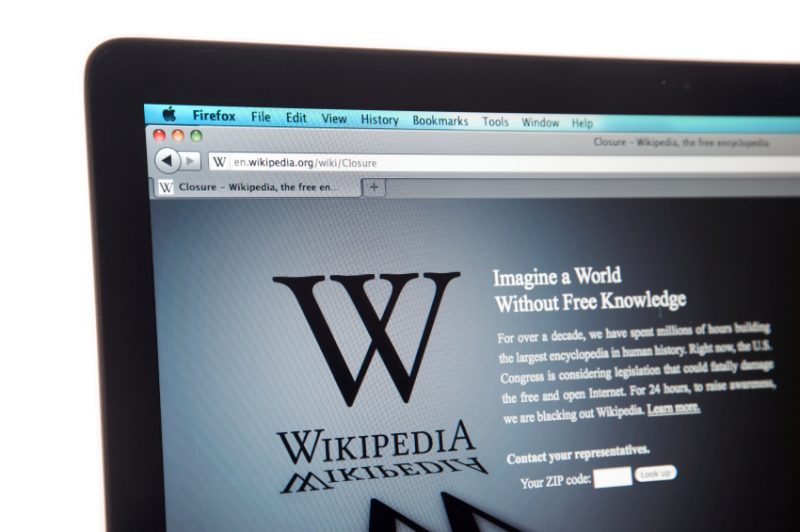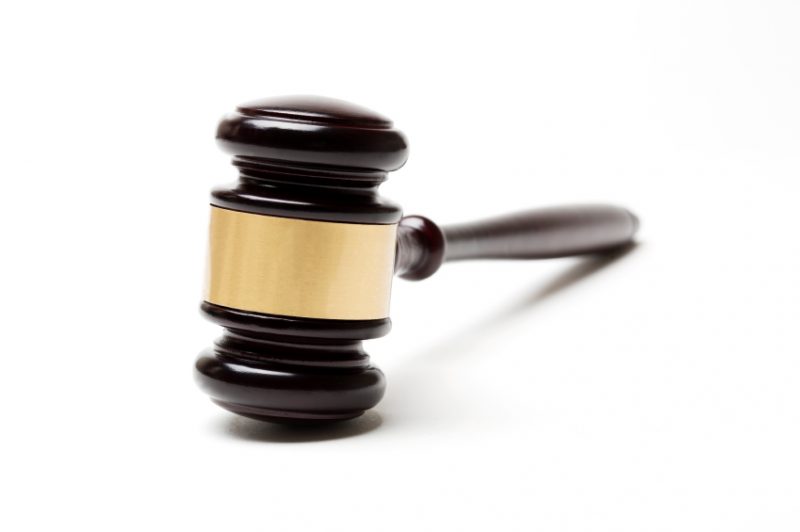
Earlier this month CNN’s Anderson Cooper revealed that he is gay in a letter to The Daily Beast’s Andrew Sullivan.
According to the Huffington Post, Cooper’s decision to officially come out followed “a long discussion with his team making sure he wasn’t committing career suicide.” With rumors that Cooper may soon marry, that letter could be part of a larger plan to open up about his personal life while closely managing the tone and context of that revelation.
A Good Choice
The decision to make the announcement was a good choice. “I’ve always believed that who a reporter votes for, what religion they are, who they love, should not be something they have to discuss publicly,” Cooper states in his letter to Sullivan. But he also acknowledges that keeping his sexual orientation private had the potential to harm his reputation for honest and accurate journalism. “It’s become clear to me that by remaining silent on certain aspects of my personal life for so long, I have given some the mistaken impression that I am trying to hide something –something that makes me uncomfortable, ashamed or even afraid. This is distressing because it is simply not true.”
Taking Control of His Message
By choosing to share the news in a thoughtful and eloquent letter to Sullivan, a friend and himself an openly gay journalist, Cooper took control of his message and preempted any threat to his reputation that his previous secrecy had posed. By doing so he was also able to frame the announcement in a way that underscores his values and reputation, both personally and professionally. “I have always been very open and honest about this part of my life with my friends, my family, and my colleagues,” Cooper wrote, adding that he has always tried to keep his private affairs and identity out of his journalism. “I’ve never wanted to be any kind of reporter other than a good one, and I do not desire to promote any cause other than the truth.”
Cooper also minimized the story’s ability to expand by making the announcement while he was in Botswana, out of the reach of the media.
The way Anderson Cooper has handled this is a model of how to get in front of potentially controversial personal issues. On a broader level, Cooper has set an important example by treating sexual orientation as a subject that is not relevant to public or professional reputation.








